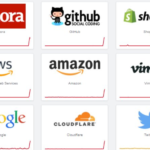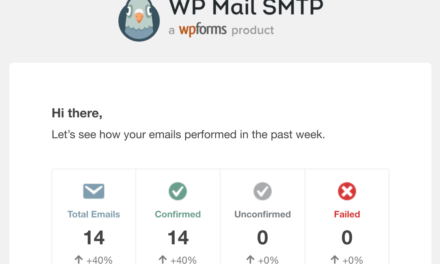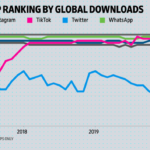
UK Watchdog Expresses ‘Real Concerns’ Over Deepening Ties Between Major Cloud Companies and AI Startups

The UK’s antitrust authority took a keener look at the artificial intelligence sector during a recent event in the United States.
At the 72nd Antitrust Law Spring Meeting in Washington, DC, Sarah Cardell, the Chief Executive Officer of the UK Competition and Markets Authority, expressed concerns over the intricate network of partnerships among AI tech companies, suggesting they might obstruct competitive practices.
Cardell noted that initial curiosity about the industry has evolved into significant apprehension. “We started off curious, but as we delved deeper and kept a close watch on the industry’s evolution, our concerns have solidified,” she remarked.
In a report released last September, the CMA examined the foundational models of AI, such as those underpinning services akin to ChatGPT. The report highlighted potential impacts on consumers and competition, recommending a framework for AI vendors that would ensure accountability, diversity, and consumer choice.
Now, seven months later, the CMA has identified a concern that a few dominant tech companies, including Google, Amazon, Microsoft, Meta, and Apple—collectively known as GAMMA—could potentially block fair competition through strategic partnerships, investments, and agreements.
The authority pointed out that these companies control essential resources needed for AI development, like vast data troves and significant AI computational infrastructure, or crucial market access points.
“This gives them undue influence over the market dynamics of AI technologies, which could harm fair competition and, by extension, both consumers and businesses,” the CMA explained in a recent discussion paper.
Moreover, the CMA is actively investigating significant market moves, including Microsoft’s attempt to acquire Activision Blizzard and its partnership with OpenAI, alongside broader scrutiny of the cloud infrastructure sector. This is part of a larger effort under the UK’s new Digital Markets, Competition and Consumers Bill to enhance scrutiny of mergers and market practices.
In related news, various US and European regulatory bodies, including the US Justice Department and the European Commission, recently convened in Washington, DC, for a dialogue on technology competition. Here, EC Vice President Margrethe Vestager emphasized the necessity for vigilance over the AI and broader tech sectors to preemptively address global challenges.
Vestager stressed the importance of collaborative efforts between the US and EU to harness their collective experiences for the advantage of consumers and businesses internationally.
Despite this regulatory spotlight, large AI firms like Microsoft remain cautious but unalarmed, aware that their AI initiatives might attract regulatory scrutiny, as evidenced by Microsoft’s own risk disclosures to investors.
Meanwhile, the regulatory landscape is rapidly evolving with proposed rules like the EU’s AI Act, the US AI Executive Order, and ongoing discussions about the use of copyrighted training data in AI applications, posing both challenges and opportunities in the sector. Additionally, the surge in AI-focused lobbying groups underscores the growing stake of numerous entities in this field.






































Recent Comments